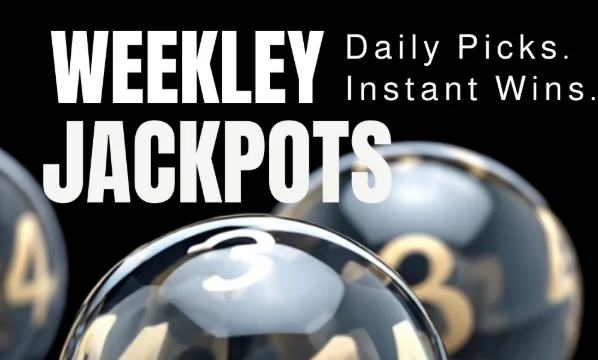There was a moment last week when a man from Empangeni, KwaZulu-Natal, wagered just R45, walked into a store, marked his numbers manually — and now holds a life-changing win of R69 284 942.70 from the draw of PowerBall PLUS. That single instance crystallises a shared truth of the lotto: it’s not just about what numbers you pick — it’s about why you pick them. The digits you settle on become part of a story. A story of hope, ritual, identity.
In South Africa, where dreams sometimes seem coded into our digits, the ritual of picking numbers is as much about self-expression as it is about chance. Let’s explore how.
The Cultural Weight of Numbers
In the low hum of a Sandton café, or the chatter of a taxi queue, you’ll hear: “8 is my lucky number,” “I’ll never touch 13,” “I always pick the day I got married.” These aren’t just line-items on a slip — they’re pieces of personal mythology. Across cultures, numbers carry hidden meanings. Western folklore shuns 13; many cultures embrace 7. In South Africa, the echoes of those beliefs meet local rituals: birthdays, house numbers, soccer jersey digits, savings account endings.
Because numbers feel ours. They tether us to family, places, histories. So when a player picks “21-04-89” (birth date) or “8” (house number) it’s not random — it’s memory, handed down or chosen.
But what happens when that personal meaning meets the cold logic of a draw?
Patterns, Data & the Illusion of Luck
Look at the numbers that routinely pop up on playslips: 1-31 (birthdays), repeated sequences like 7-14-21, or even the “special” number everyone gives a nod to. It feels smart — it feels intuitive. Yet, here’s the kicker: statistically, every number in the draw has the same chance of being selected each time. Past appearances don’t make a number “due”. The draw doesn’t know your story.
For example, the recent Empangeni winner spent R45, picked manually, and matched everything in PowerBall PLUS — purely by chance, not because the number “felt” due.
Many players attribute meaning when a number “finally comes” — “I’ve been playing 8 for years, now it paid off” — but from a random draw perspective, what changed? Nothing.
The illusion of patterns—that some digits are luckier—can overshadow the real story: every ticket, every number set, shares equal odds at the draw.
Rituals, Beliefs and the Emotional Economy of Picks
Why play the same number week after week? Because it becomes ritual. The moment you mark the numbers, you pause. You reflect. You hope. In the R69 million win above, the father in his 50s immediately thought of his children, his household, the possibility of generational security — the digits on that ticket became more than numbers.
For some, it’s very low-cost theatre of possibility: the ticket is the stage, the numbers are character names, the draw is the event. You’re not just playing; you’re telling a story about you.
And that story matters. Because in a society where daily life often demands resilience and waiting, the act of picking numbers becomes a declaration: “I’m ready for change.”
Even when the odds are long, the ritual restores a little agency.
Fun Choices & Smart Mindset: How to Play With Meaning
If you want to pick “lucky numbers” — go ahead. It’s part of the fun. But here’s how to keep it smart:
- Mix sentimental with random
You might pick your lucky number (say 8) and add in two or three completely random numbers. That way you keep your ritual but avoid the crowd. - Avoid obvious sequences/patterns
Rows like 1-2-3-4-5 are aesthetically clean but often shared by lots of players. If they win, you share. - Play within your means
The Empangeni ticket was R45. That doesn’t make it safe or guaranteed — but it illustrates that big wins sometimes come from small plays. - Don’t mistake emotion for certainty
Your favourite number has value in your life. But in the draw, it’s one among millions of combinations. - Enjoy the ceremony
Marking slip, buying a ticket, sharing banter with friends — these are part of the experience. The draw is the unexpected twist.
With platforms like Scorebet, you can place your tickets for various draws — but remember: whether you’re in Sandton or KZN, the mechanics remain the same. The fun comes from your numbers, your story.
That R69 million winner in Empangeni didn’t just win money — he unlocked a new chapter. Yet he also reminds us: he played, and he might not have. The difference was chance.
Your numbers whisper something. They hint at memory, identity, belief. But once you buy your ticket, the draw takes over. That’s the beautiful tension: you bring the meaning, chance brings the outcome. So pick your numbers with a smile, a ritual, a sense of hope. See what you’re really choosing: the story behind the ticket. And then, when the draw happens, lean back and let the digits dance in silence. Because in that quiet moment between marking your numbers and the draw-ball spinning, you are playing for more than a prize. You’re playing for the possibility that your digits might catch the spotlight.

